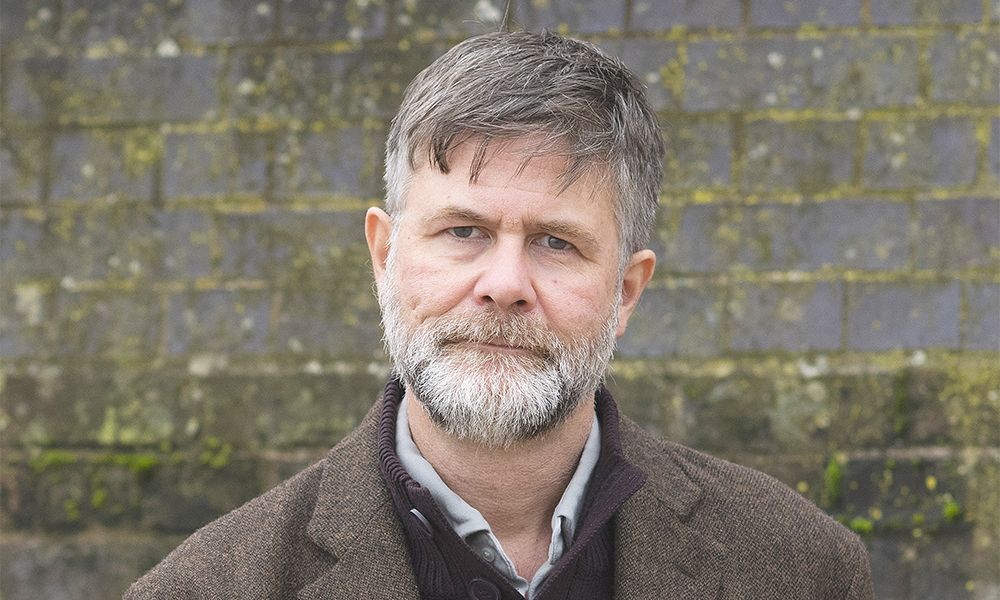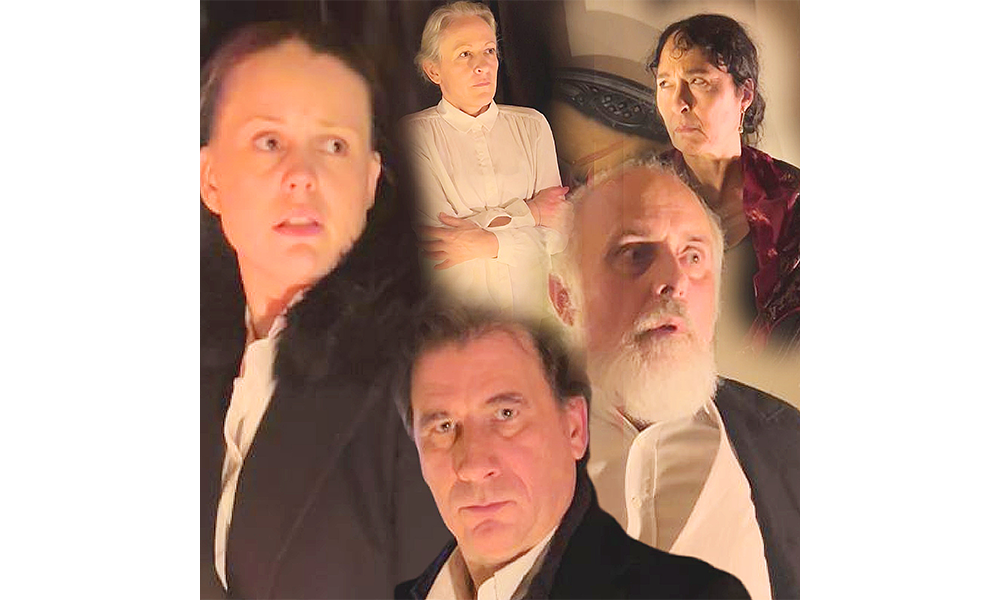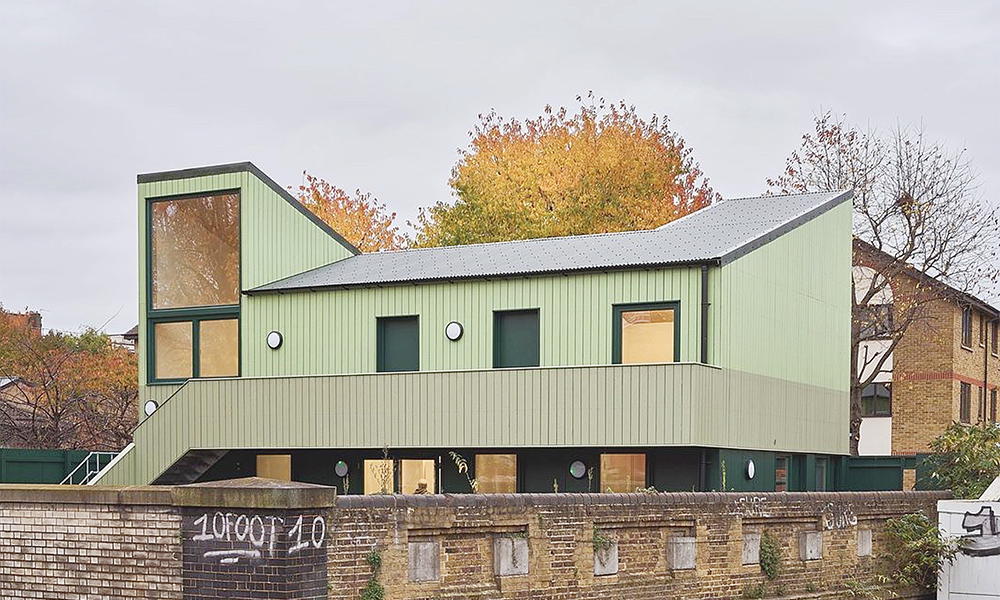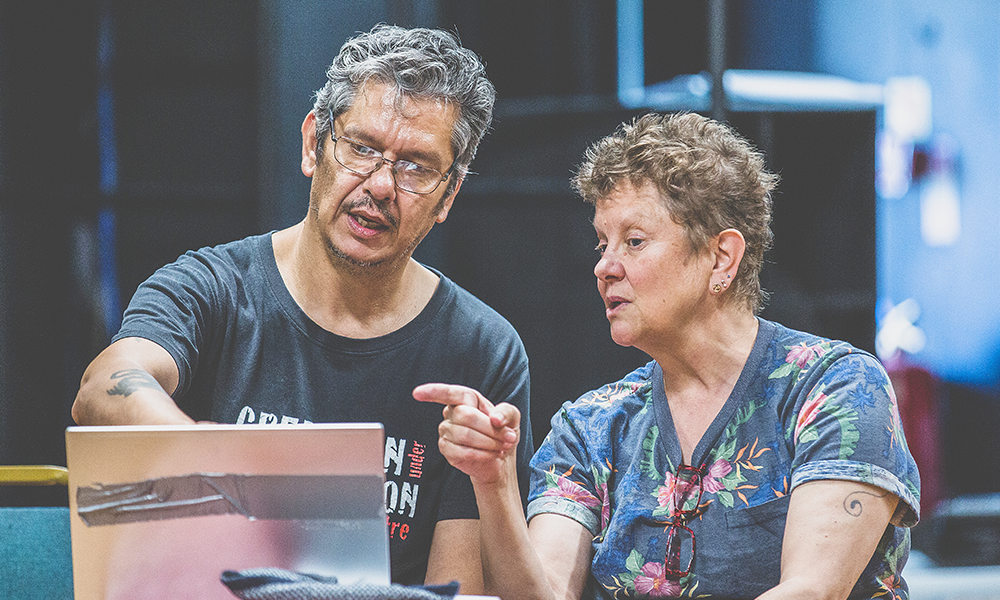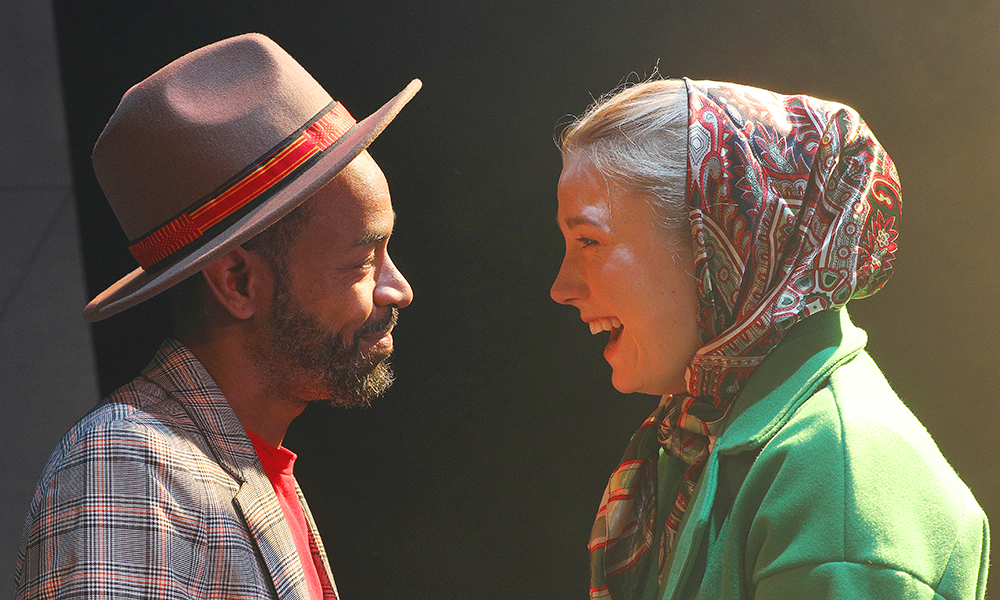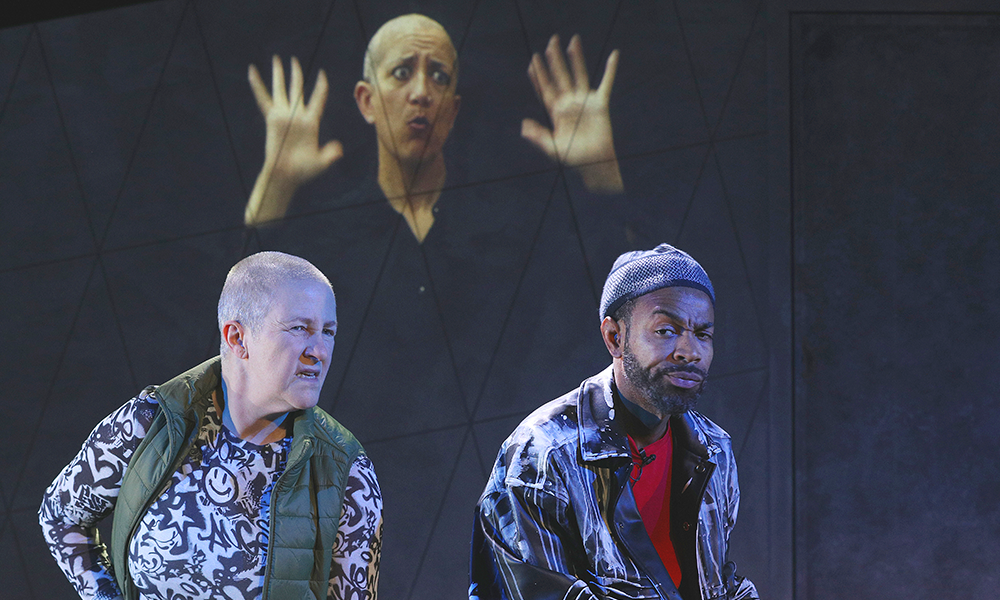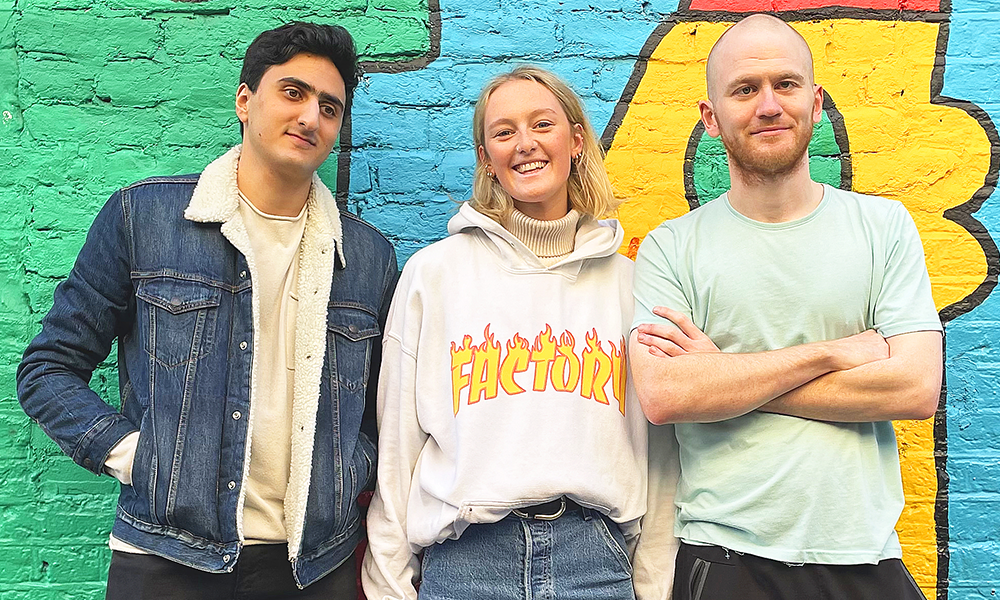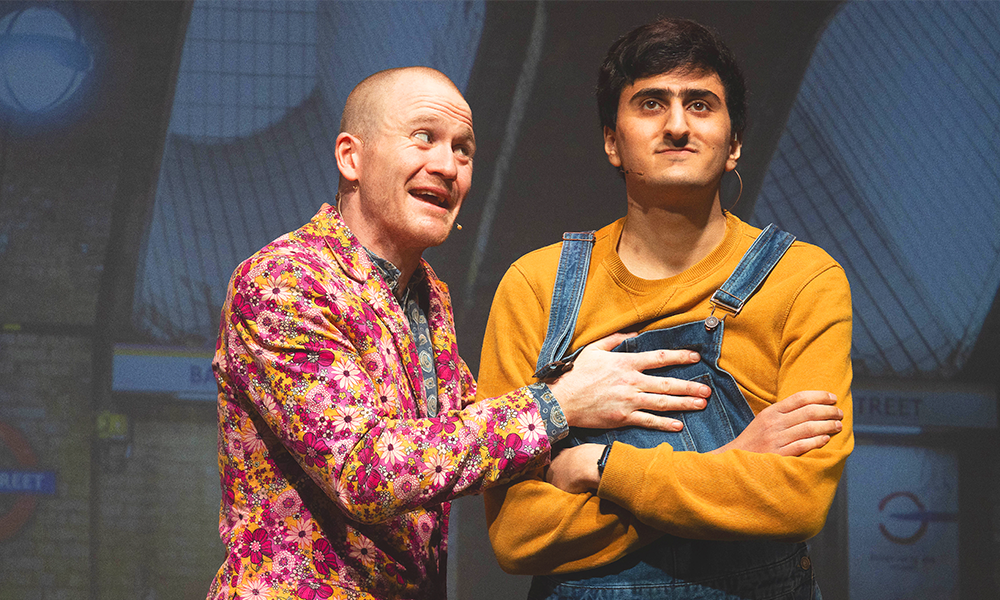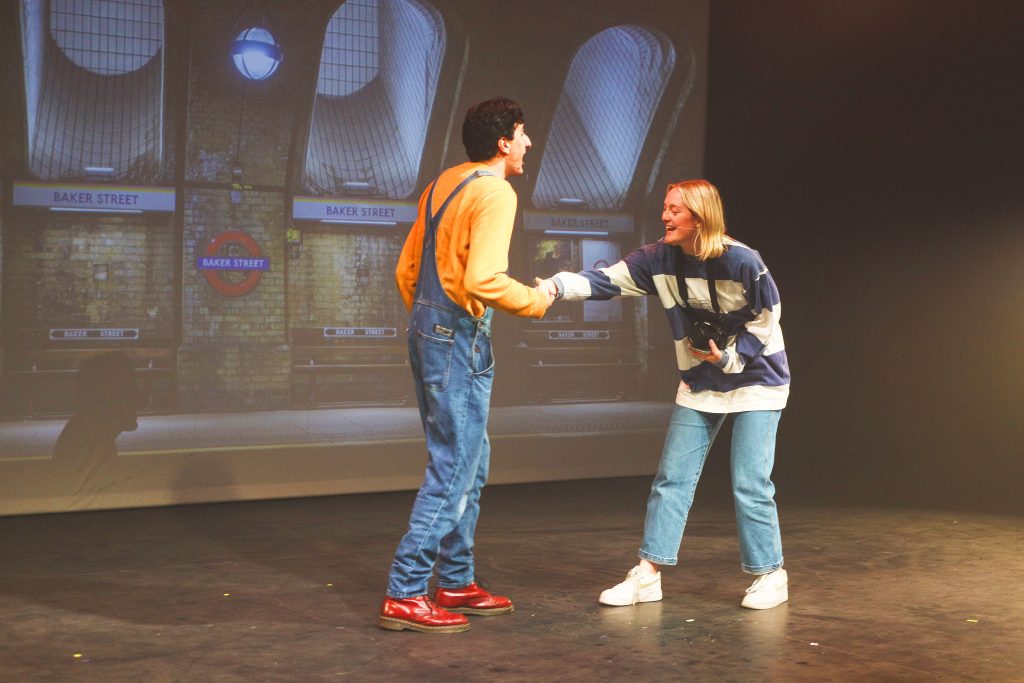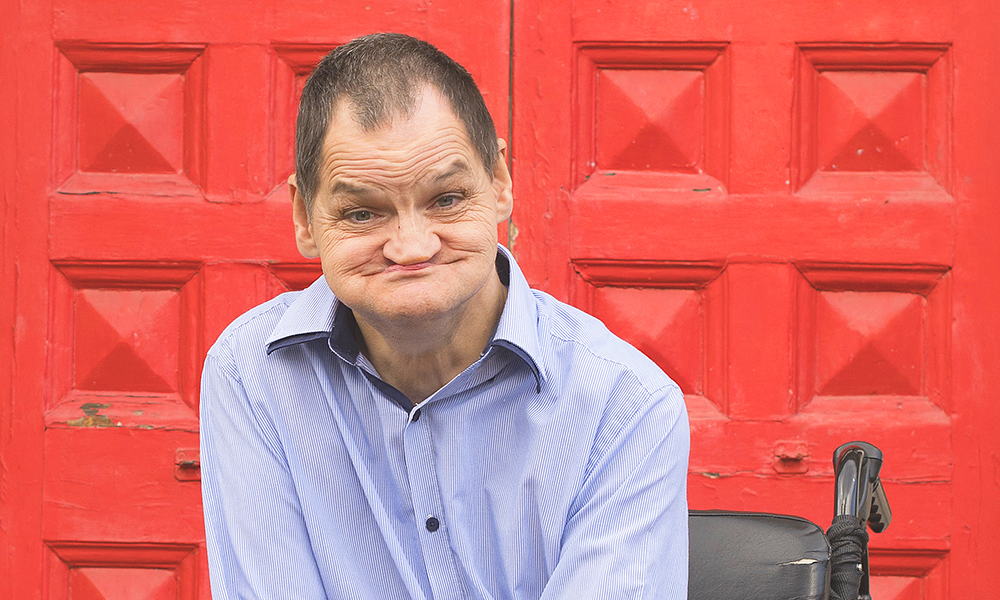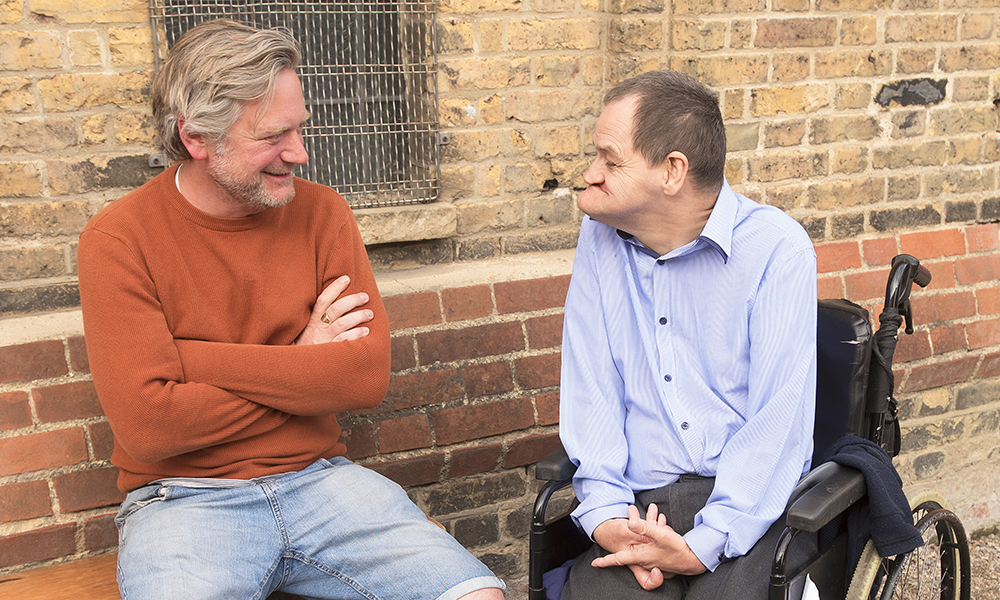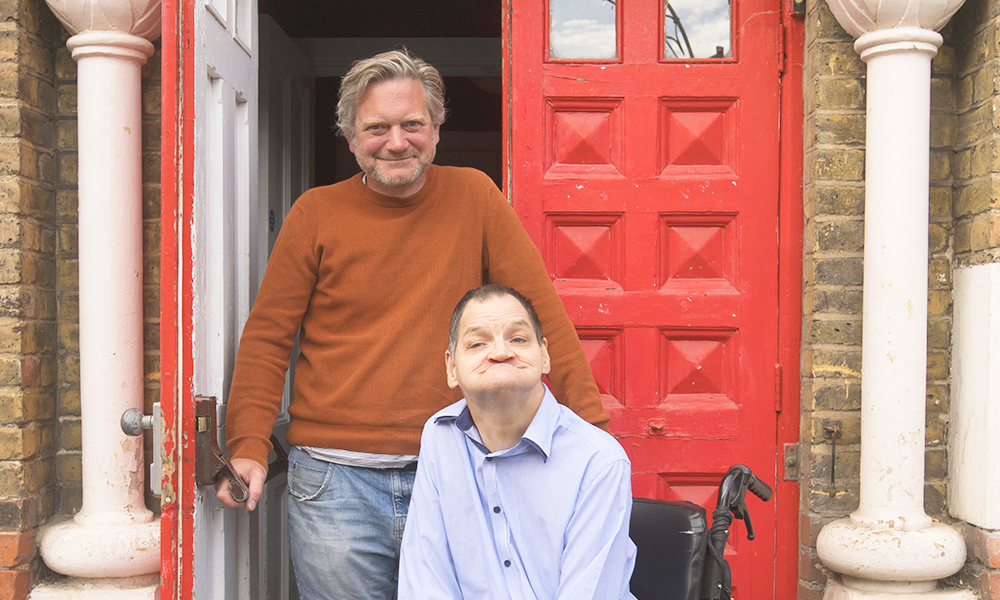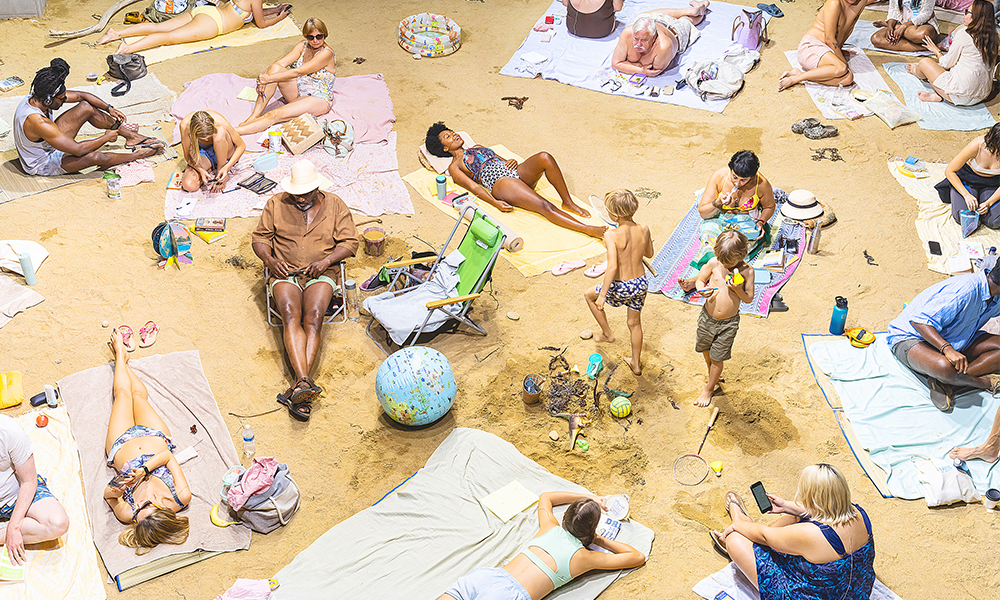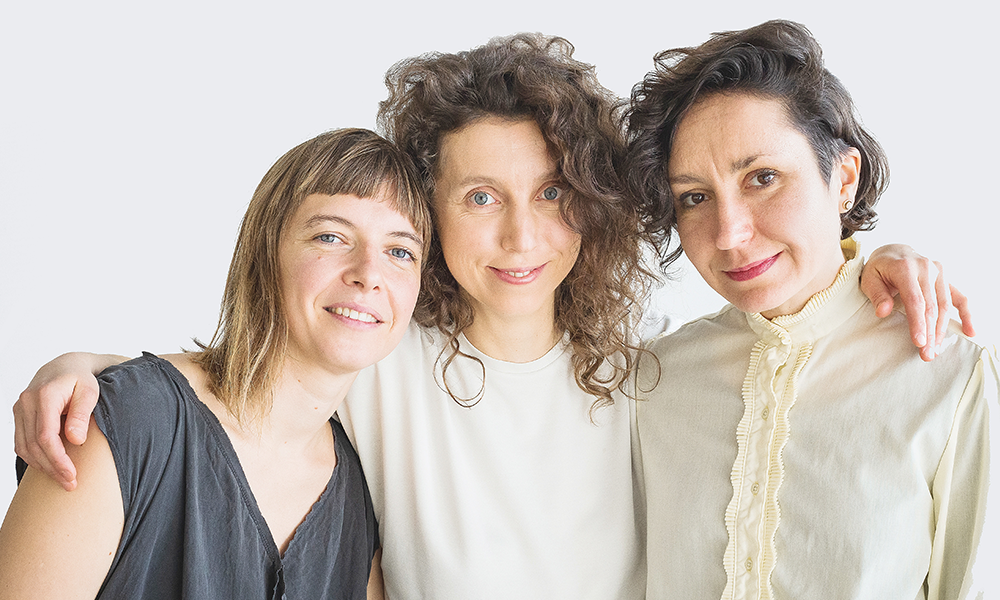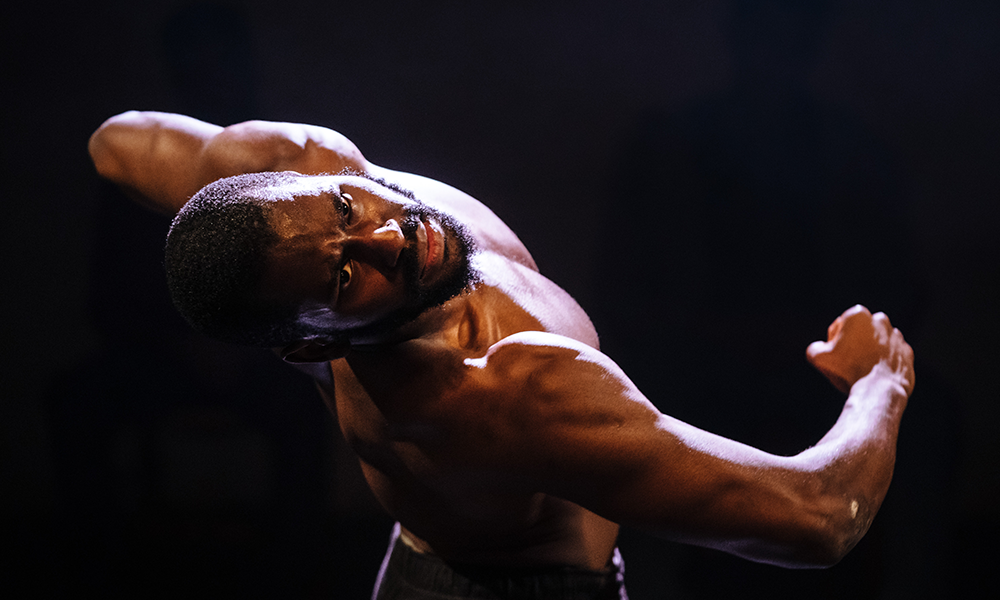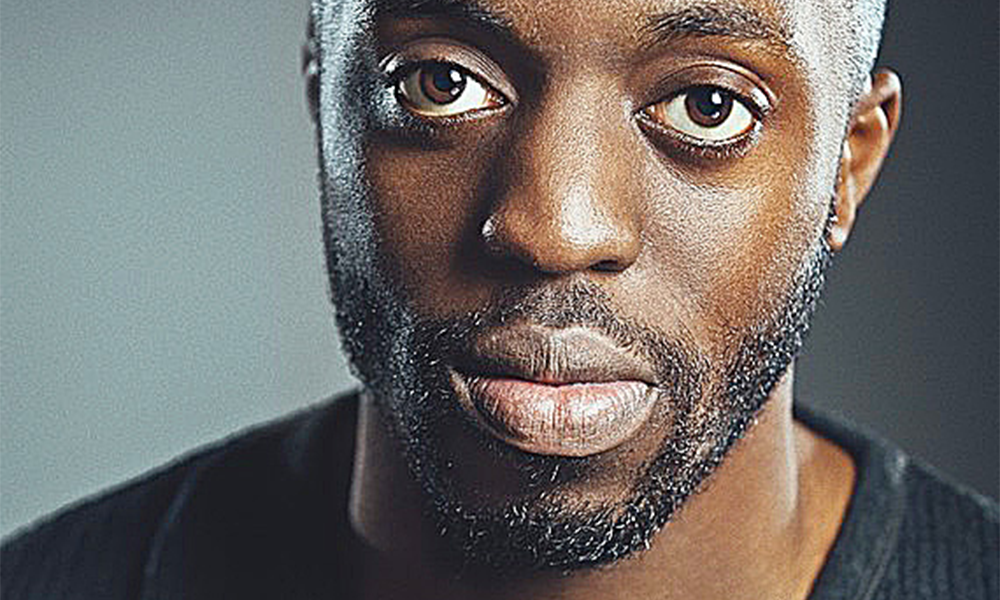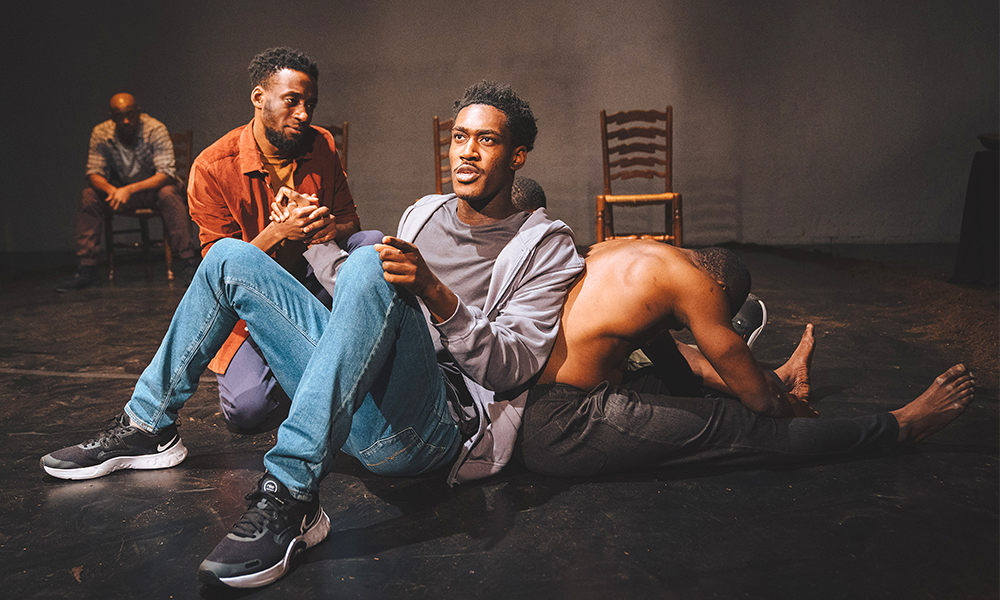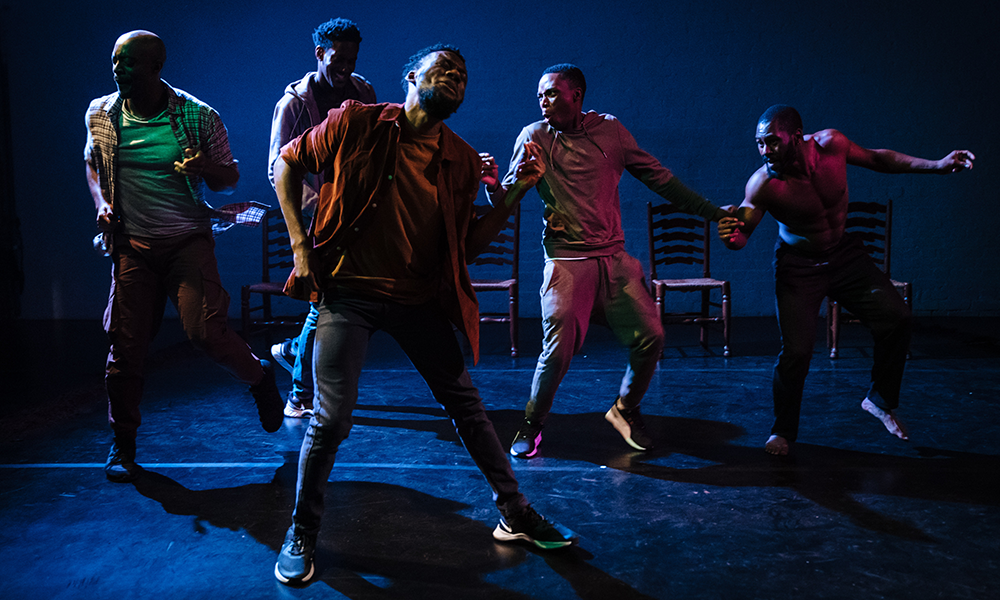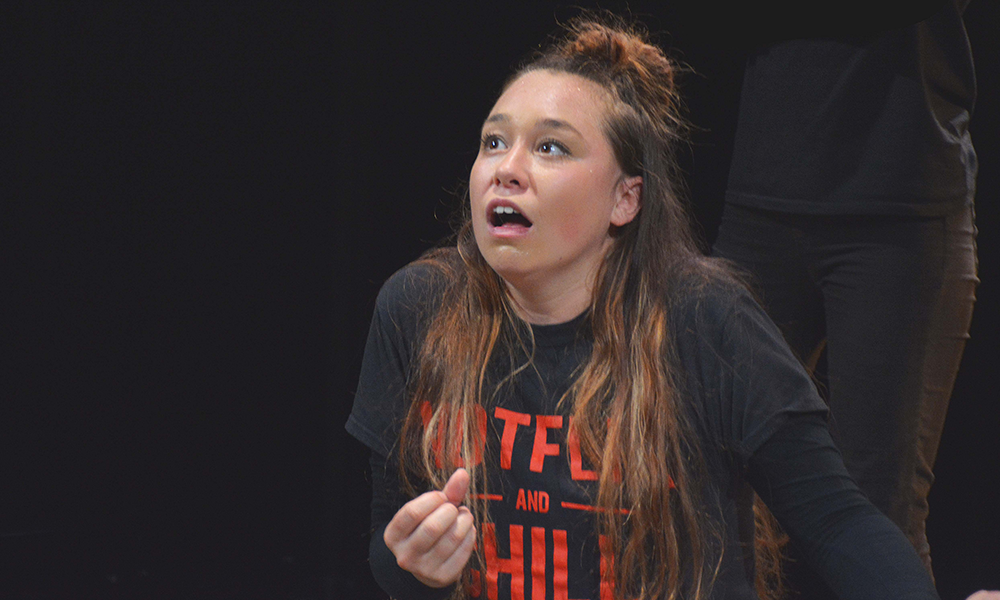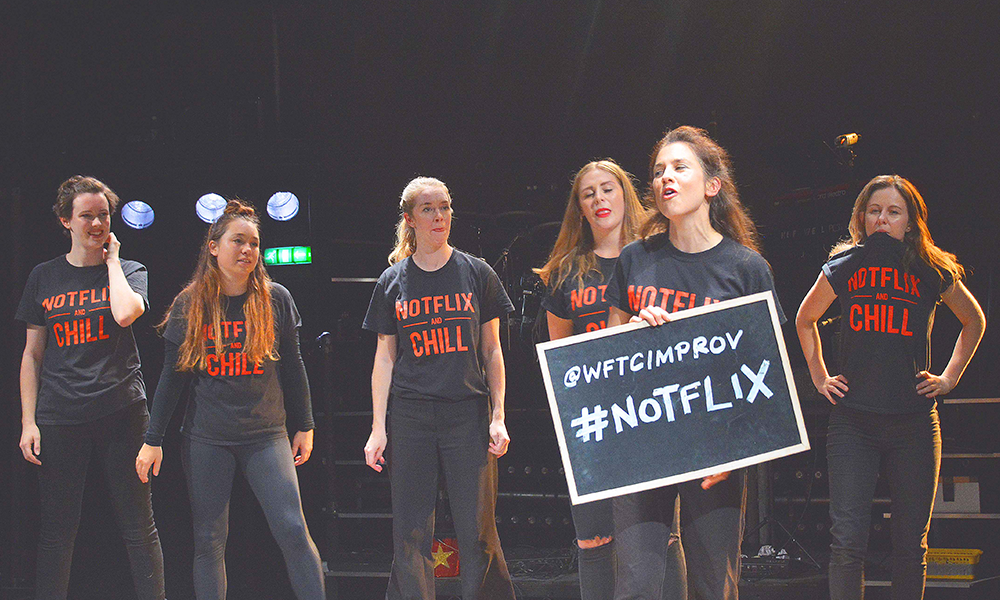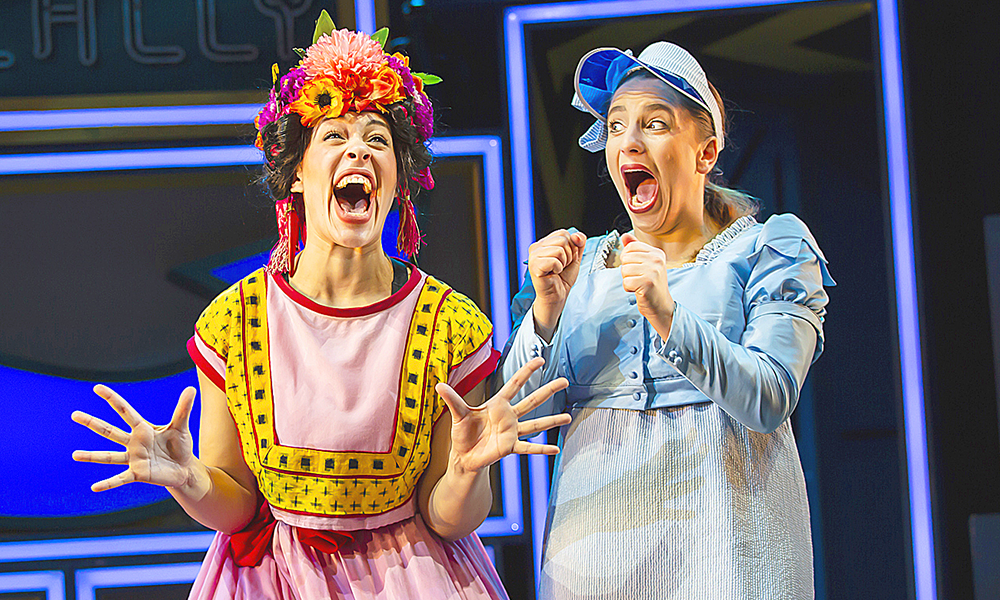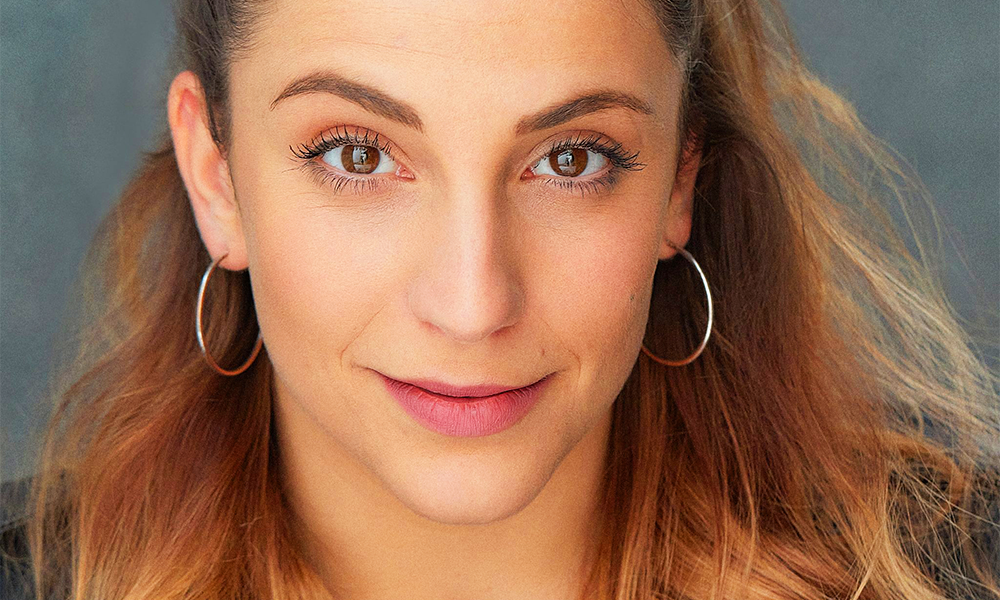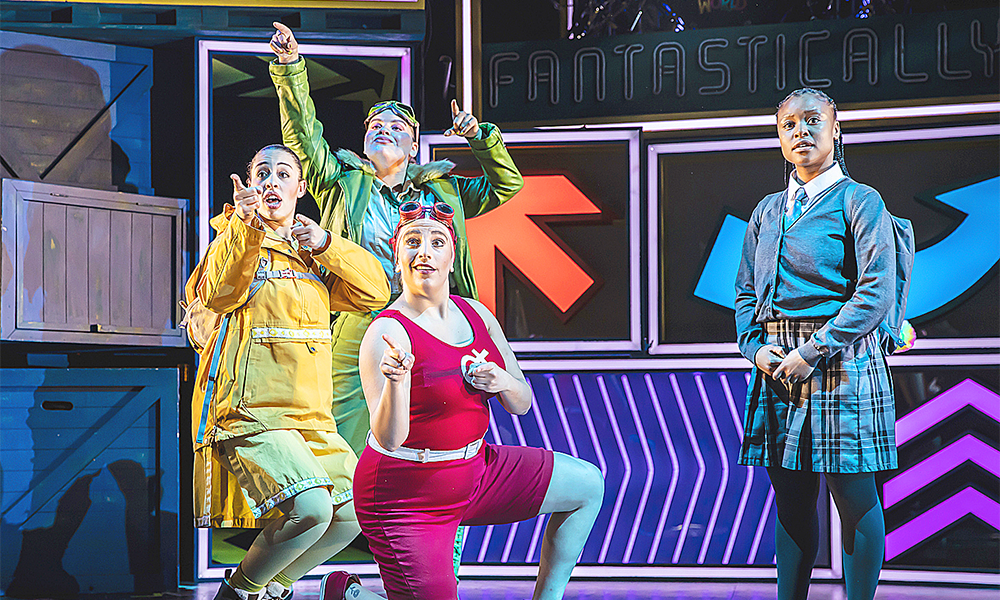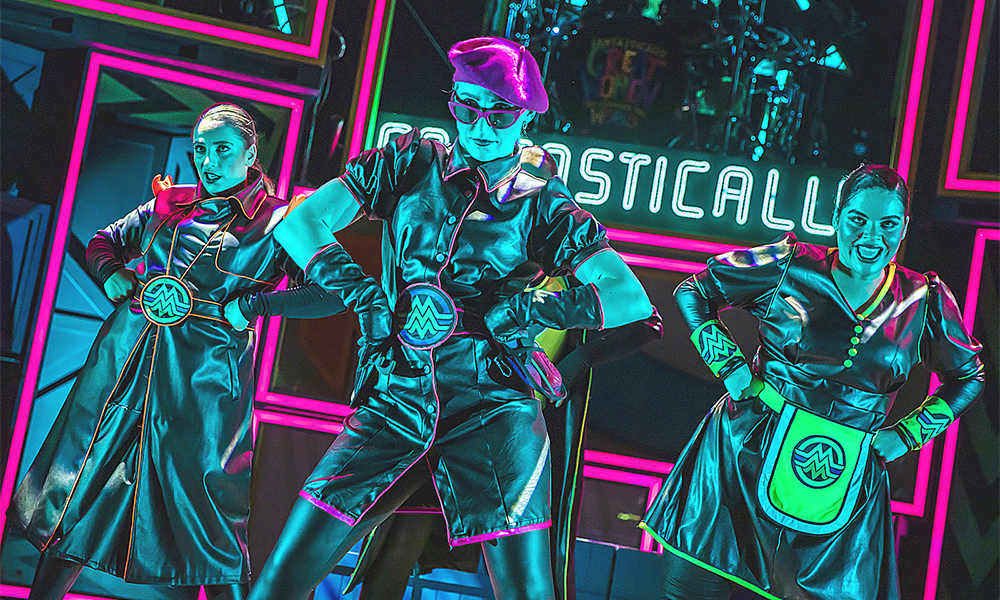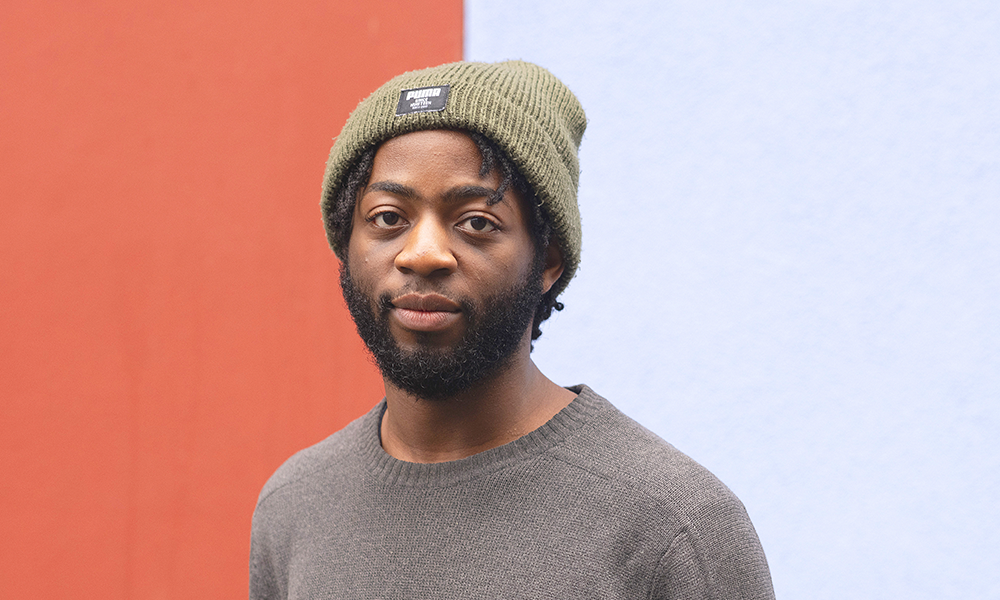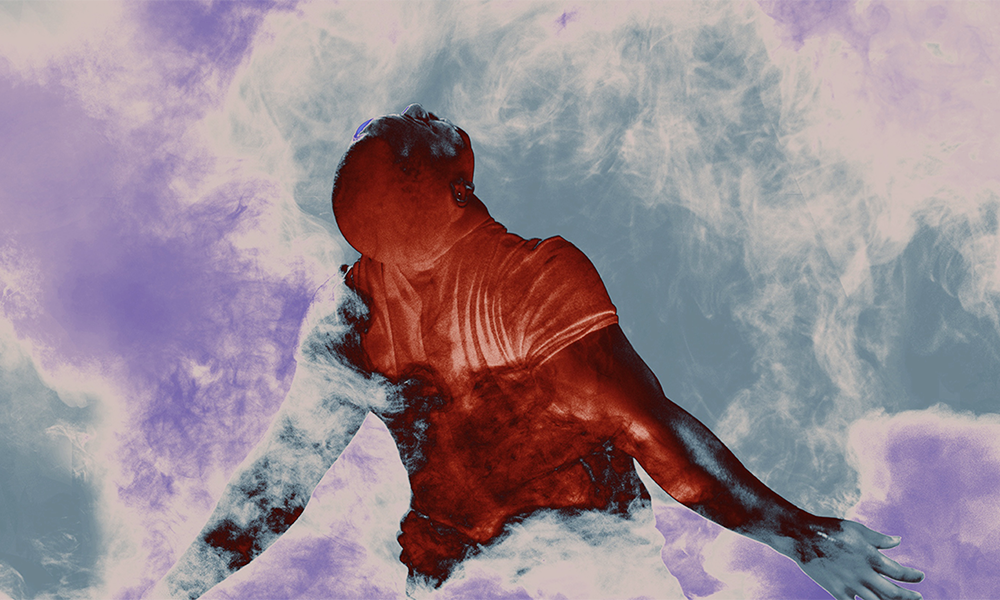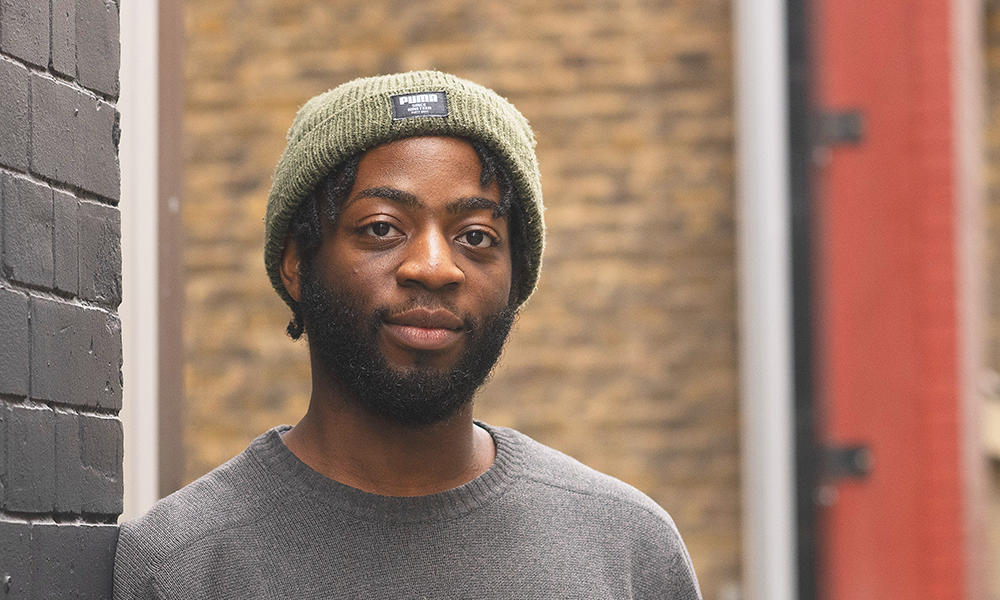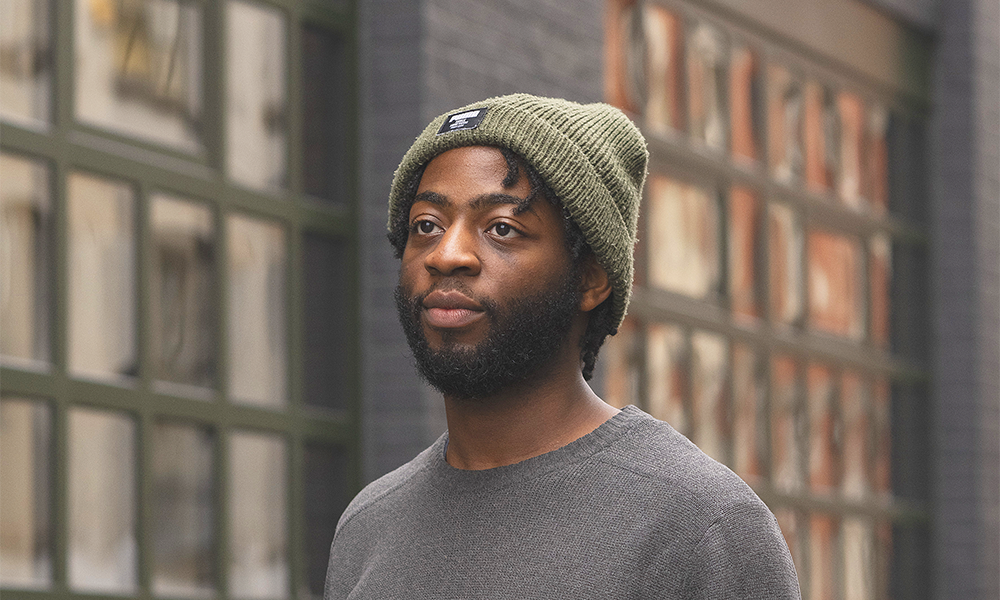Gilbert and Sullivan classic gets a fresh revival at the Wapping venue, directed by Sasha Regan
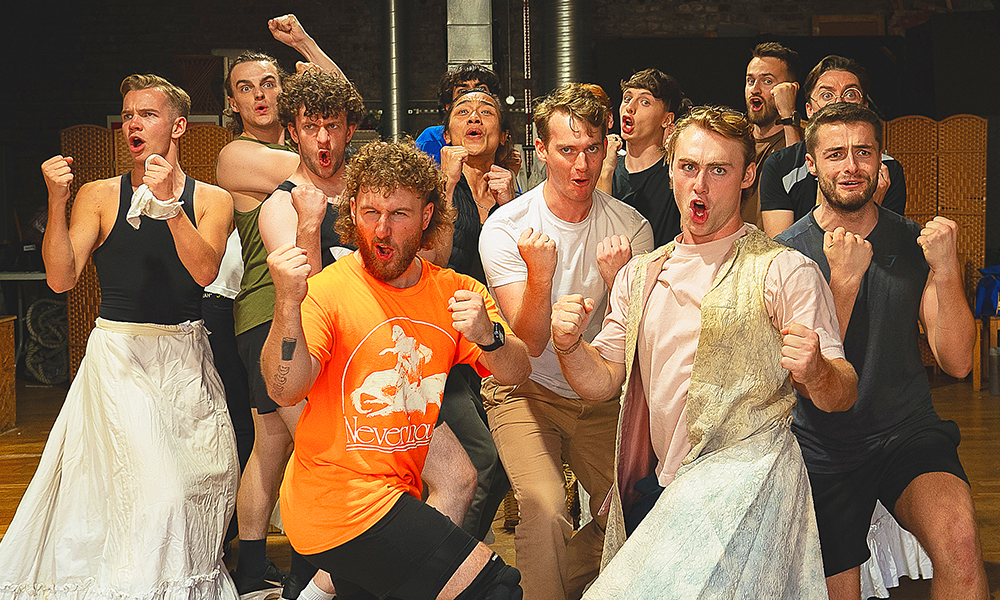
Subscribe to our free Wharf Whispers newsletter here
“Close your eyes in the darkened auditorium of Wilton’s Music Hall this autumn and you will truly believe there are virginal Victorian women on stage,” said Sasha Regan.
But, once you open them, you will actually see young men dashing about as swarthy swashbucklers one minute, then fluttering across the stage as petticoated ladies, the next.
We’re talking about Sasha’s all-male version of The Pirates Of Penzance, a reimagining of the beloved Gilbert and Sullivan operetta that debuted as a concept some 15 years ago.
Her new production is set to run at the Wapping venue until November 23, 2024, and challenges its cast to sing everything from falsetto to bass.
“When they become girls, there’s no drag, wigs or fake boobs,” she said.
“They have these little white corsets and skirts and it’s about trying to keep it very innocent and fresh.
“You have to steer them away from the RuPaul idea of what a woman is – really sexualised and quite overt.
“These women are good girls and when they meet these sexy pirates for the first time, that clashing with the innocence is a really lovely moment.
“We had to teach them to walk with books on their heads, like the old days of etiquette and be very dainty, which is where the humour comes from.”
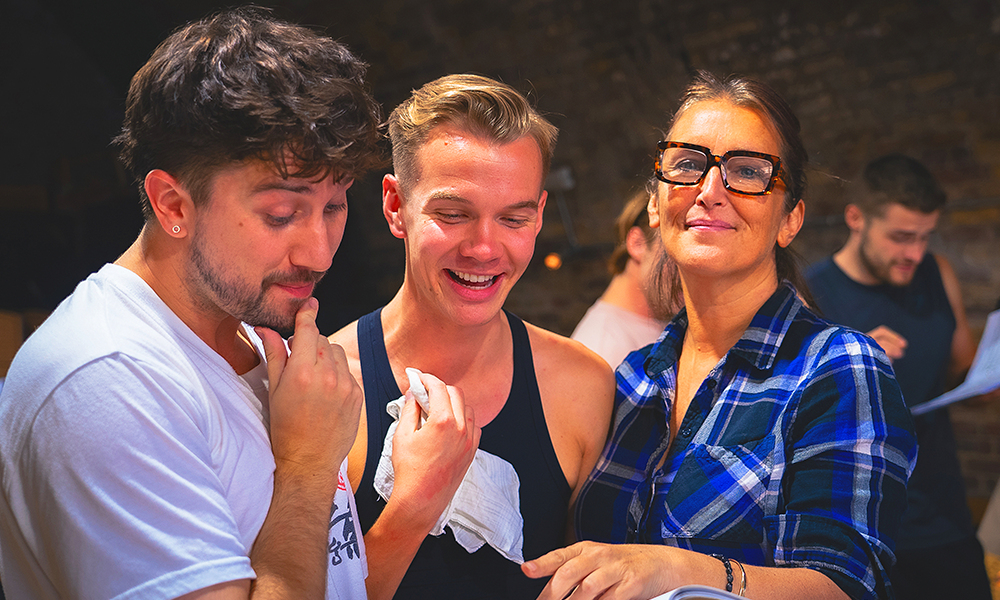
an all-male The Pirates Of Penzance
She got the idea for the show as a 20-something running The Union Theatre in Southwark, a venue she set up in 1998 using a Prince’s Trust loan and that still exists today.
“I think it came from the fact I’d done an all-female version of HMS Pinafore at school when I was about eight,” said Sasha.
“I was trying to find interesting things to do and the beauty of Gilbert and Sullivan is there’s no rights to it any more, so you have freedom.
“I was thinking about how to take something a little bit dusty and refresh it, to bring out the humour. I imagined what it would be like if a boys school put on a production.”
That inaugural show, first performed to an audience of 50, drew gasps of horror from the traditionalists.
“We had Gilbert And Sullivan Society members coming in sitting with scores on their laps and there was a bit of an uproar,” said Sasha.
“But we won them all over and now we’re in their newsletter.
“I think if you respect something and do it well, people can’t complain too much.”
Acclaimed all-male productions of HMS Pinafore and The Mikado have followed and the 52-year-old was recently awarded the Special Achievement Award at the Off West End Awards for her contribution to musical theatre.
The Pirates Of Penzance, the show that started it all, still has a special place in her heart and cast members have returned again and again over the years to return it to the stage.
However, this new version by Regan De Wynter Williams Productions – the company Sasha has co-run since 2008 – will feature a line-up of fresh blood, including many recent graduates.
“This is the first cast with only one person that’s been in it before – David McKechnie who plays the Major General – so it’s a whole bunch of newbies,” said Sasha.
“We always do availability checks on previous cast members because it’s a bit of a family but they’re all working right now.
“It wasn’t a choice but it’s really refreshing, because we have almost started from the beginning and brought new ideas in.”
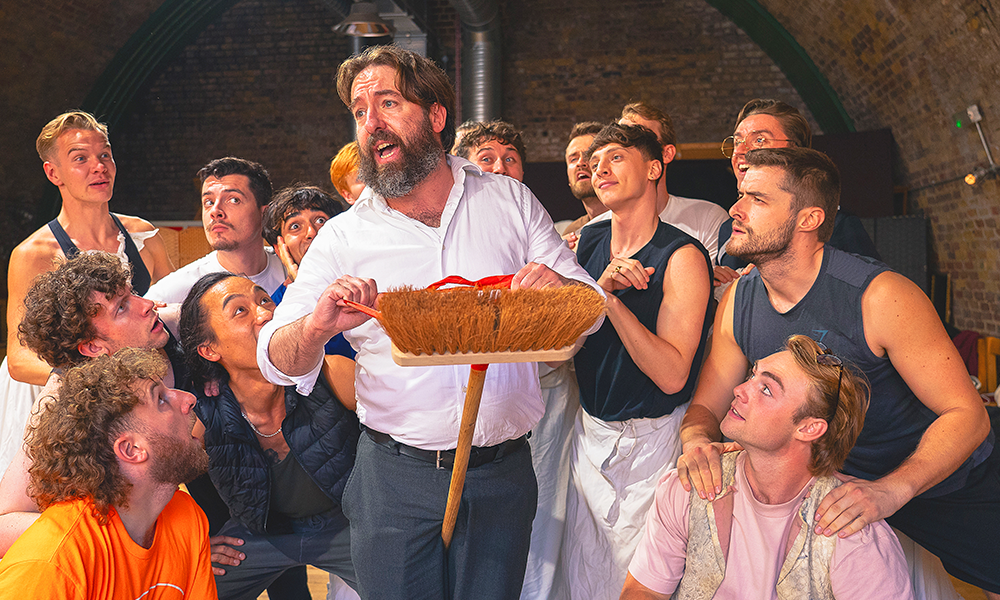
casting the show
Finding actors who were up to the challenge was no easy task.
“They need to be able to play multiple characters – the pirates, the policemen and the sisters- and be able to sing in falsetto and bass and dance, because we treat it like a musical rather than an old fashioned operetta,” said Sasha.
“It means we have to search a little bit harder but casting director Adam Brown did the rounds of the performing arts schools and he had a list of agents it was advertised through.
“When we did the workshops we had them do quite simple things like: ‘You’re these Victorian girls and there’s a muddy puddle and you’ve got to get over from that side of the room to this one’.
“It was quite funny because they were all so high-pitched and I had to tell them we’re not all like that as woman.
“Falsetto was a lot less common when we started, but now it’s part of the voice that people do at drama school, probably for things like Jersey Boys.
“It is getting easier to find men who can do it.
“Sam Kipling, who played Mabel last time and is now in Les Mis, has been popping in and helping this cast and handing down his tools of the trade to the next generation.”
In these days of equality and equity and women fighting for more time on stage, why not stage an all-female version?
“With all-male we can get the full vocal range,” said Sasha.
“If you close your eyes, you wouldn’t know that they’re not girls, which is quite stunning. They are singing top Bs.
“Most of our creative team has been female and mums. We’ve got Lizzy Gee as a choreographer.
“Her baby was about six weeks old when we first created the show and the designer – Robyn Wilson Owen – is now a children’s illustrator and has got children.
“My little one was three when we started.
“So it is a female team looking after their own kids and dealing with childcare at the same time as creating something with a room full of men.
“It is a fun dynamic.”
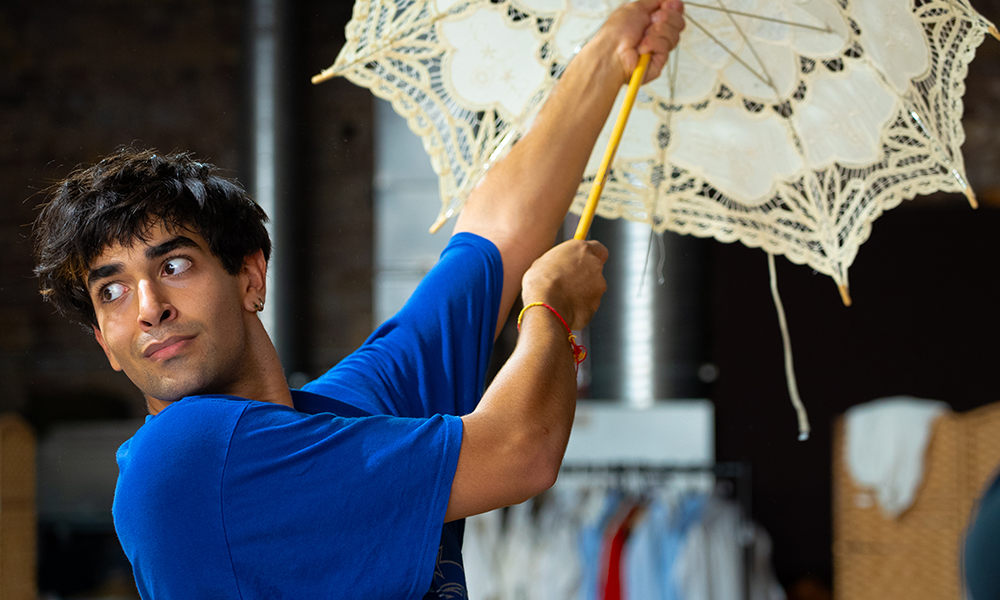
evolving The Pirates Of Penzance
Sasha said the show had definitely evolved over the years and, this time around, Lee Greenaway from the original cast was working as associate choreographer to help avoid stereotypes.
“Back when we started it was just all a bit bonkers.” she said.
“Some of the boys were wearing pearls and earrings because that was their idea of what a woman should be.
“Now it’s much more refined and less ridiculous.
“The Pirates Of Penzance is already physically funny and then if you’re a male identify person in a white corset, long dress and ballet shoes, that is funny in itself.
“So then you don’t really have to pretend to be that gender or it becomes like Carry On and actually not funny.”
The set is also pared back, using just wooden blocks and imagination to create a pirate ship, with the auditorium as the passageway the sisters take through the Rocky Mountains into the spotlight – Sasha’s favourite moment of the show.
“You can hear them before you can see them,” she said.
“When they all arrive on the stage sometimes we have to stop for a moment to let the laughter finish because the vision of all these boys in skirts is so magical.”
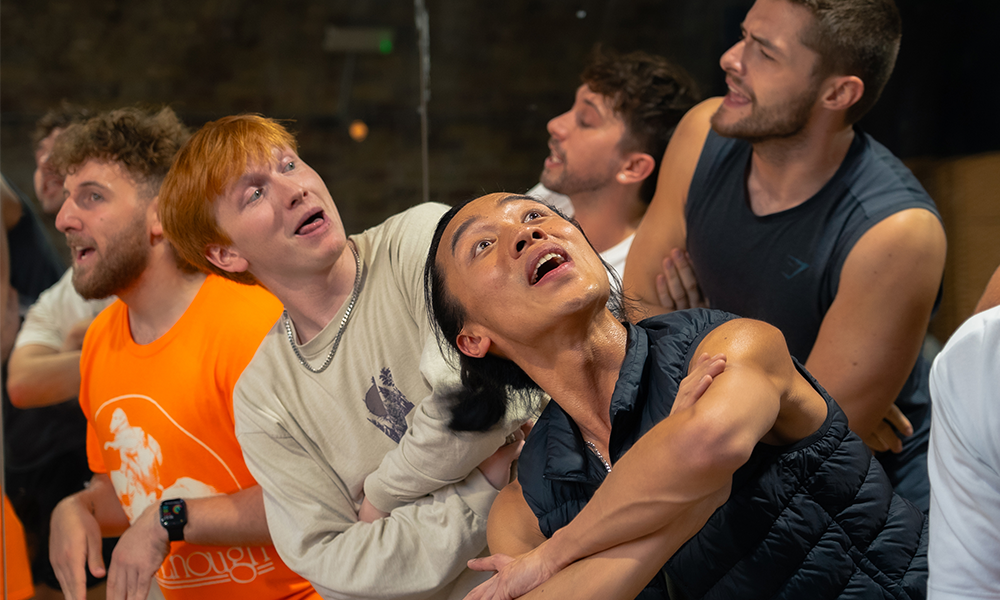
going against the grain
How does she imagine the late great writers themselves would react if they were in the audience?
“I think they would laugh,” she said. “We totally respect their score and script and they were satirical and poked fun at the government and went against the norm.
“I’ve definitely gone against their norm and I think they would respect that and enjoy it.”
This is by no means her first time at Wilton’s having toured there almost every year since 2010.
But Sasha hopes to attract a new generation to the “magical” theatre with this production.
“I would love to think that when people watch it, they don’t realize they’re watching a really old fashioned piece of theatre written in 1879 because it’s so fast-moving and physical,” she said.
“We do get a lot of return customers.
“People bring their kids or grandkids, because it’s very innocent, old fashioned fun.
“That, for me, is an achievement of knowing these shows aren’t going to die out.
“I haven’t become bored with them yet and our audiences haven’t either so I’m hoping this time we get more young people coming in because we have this younger cast and we can introduce them to Gilbert and Sullivan’s work.”
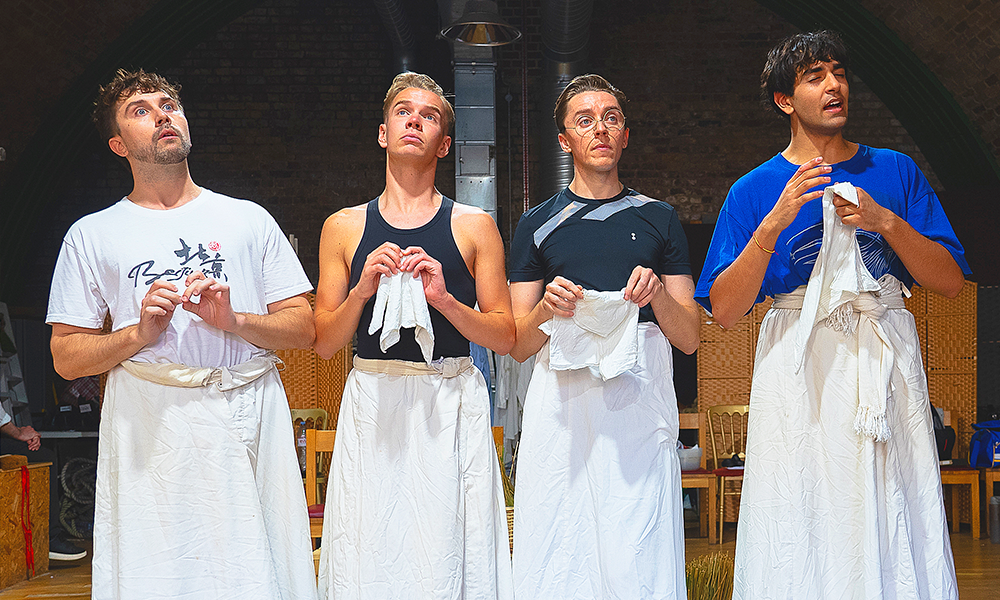
key details: The Pirates Of Penzance at Wilton’s Music Hall
The Pirates Of Penzance will be at Wiltons Music Hall until November 23, 2024, with shows at 2.30pm and 7.30pm.
Tickets start at £10.50.
Find out more about the show here
Read more: Canary Wharf unveils Eden Dock at the heart of the estate
Read Wharf Life’s e-edition here
Subscribe to our free Wharf Whispers newsletter here
- Jon Massey is co-founder and editorial director of Wharf Life and writes about a wide range of subjects in Canary Wharf, Docklands and east London - contact via jon.massey@wharf-life.com




